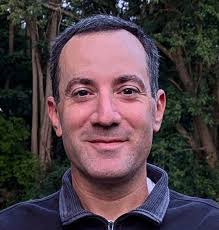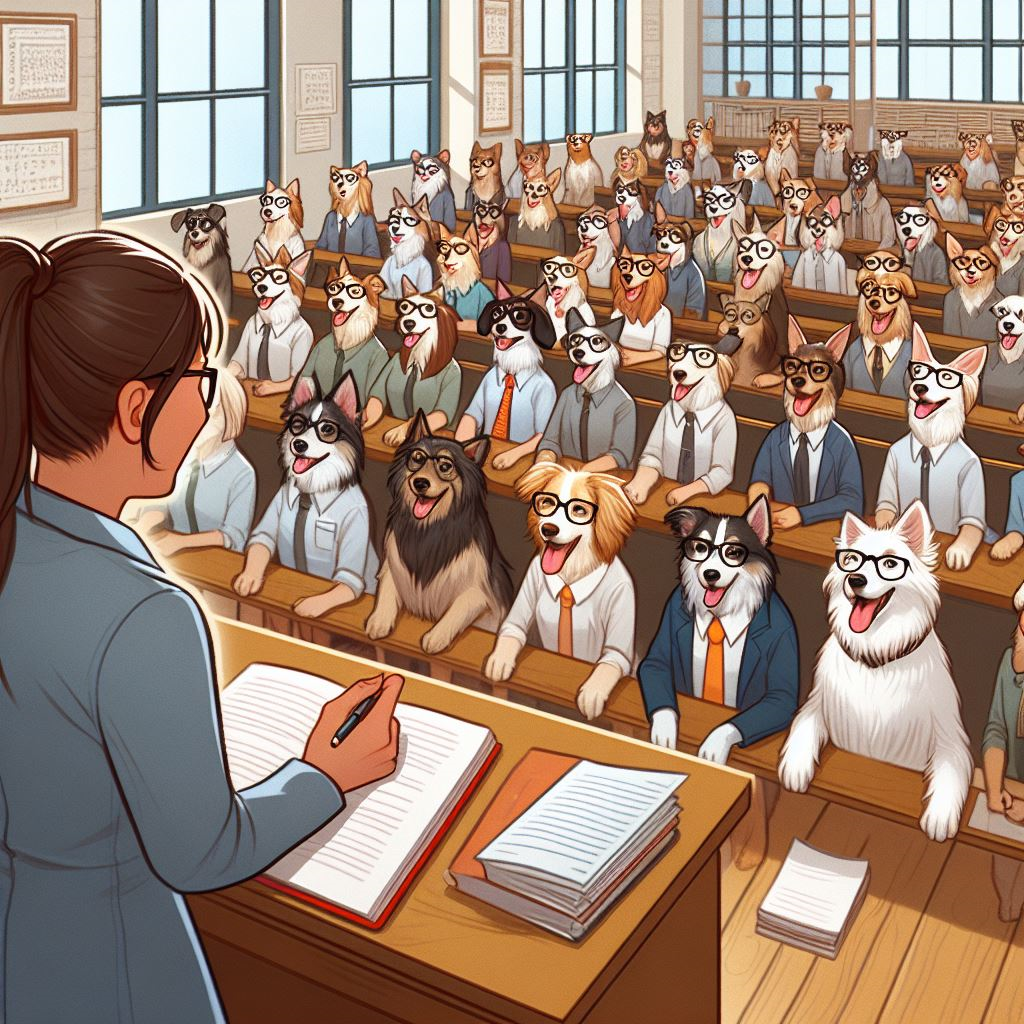About
The Cornell Phonetics Lab is a group of students and faculty who are curious about speech. We study patterns in speech — in both movement and sound. We do a variety research — experiments, fieldwork, and corpus studies. We test theories and build models of the mechanisms that create patterns. Learn more about our Research. See below for information on our events and our facilities.

Upcoming Events

6th March 2025 04:30 PM
Linguistics Colloqium Speaker: Andrew Carnie
The Department of Linguistics proudly presents Dr. Andrew Carnie, Professor of Linguistics at the University of Arizona.
Dr. Carnie will present a talk titled: "Dependency-based Merge".
Abstract:
On the basis of programmatic arguments, Chomsky (2013) claims that the operation Merge should operate freely. Boeckx (2016) expands on this claim, with the idea that the biolinguistic premises of minimalism require that purely syntactic operations Merge should been seen to be completely free of features, feature checking, or Agree.
In this talk, I will present an alternative, where the operation Merge is instead reduced to the operation of feature checking. In other words, Merge IS feature checking (building upon ideas of Zwart 2004). This in turn disconnects Merge from the construction of constituent structures. Instead Merge/feature checking creates featural dependencies, like those common in Dependency Grammar (anticipated by Brody 2000, Bury 2005, Collins & Ura 2002 among others).
Once we take this critical step, we’re left with syntactic structures that are much more loosely connected — particularly when we deal with operations apply to adjuncts.
I will develop a formalism that captures this idea, and then as a test case I will show how this allows for an explanatory analysis of a seemingly phonologically=driven linearization process: object pronoun ordering in Scottish Gaelic.
Location: 106 Morrill Hall, Cornell University, 159 Central Avenue, Morrill Hall, Ithaca, NY 14853-4701, USA
17th March 2025 12:20 PM
Phonetics Lab Meeting
Our own Dr. Sam Tilsen will present a talk.
Location: B11 Morrill Hall, Cornell University, 159 Central Avenue, Morrill Hall, Ithaca, NY 14853-4701, USA
21st March 2025 12:20 PM
Phonetics Lab Meeting- Virtual Open House
Chloe is giving a practice talk for The Penn Linguistics Conference.
This meeting is also part of the virtual Open House, so some prospective students might join over Zoom.
Location: B11 Morrill Hall, Cornell University, 159 Central Avenue, Morrill Hall, Ithaca, NY 14853-4701, USA
24th March 2025 12:20 PM
Phonetics Lab Meeting
Yao will present her Penn Linguistics Conference talk. If there is extra time, we will discuss PLab merch.
Location: B11 Morrill Hall, Cornell University, 159 Central Avenue, Morrill Hall, Ithaca, NY 14853-4701, USA
Facilities
The Cornell Phonetics Laboratory (CPL) provides an integrated environment for the experimental study of speech and language, including its production, perception, and acquisition.
Located in Morrill Hall, the laboratory consists of six adjacent rooms and covers about 1,600 square feet. Its facilities include a variety of hardware and software for analyzing and editing speech, for running experiments, for synthesizing speech, and for developing and testing phonetic, phonological, and psycholinguistic models.
Web-Based Phonetics and Phonology Experiments with LabVanced
The Phonetics Lab licenses the LabVanced software for designing and conducting web-based experiments.
Labvanced has particular value for phonetics and phonology experiments because of its:
- *Flexible audio/video recording capabilities and online eye-tracking.
- *Presentation of any kind of stimuli, including audio and video
- *Highly accurate response time measurement
- *Researchers can interactively build experiments with LabVanced's graphical task builder, without having to write any code.
Students and Faculty are currently using LabVanced to design web experiments involving eye-tracking, audio recording, and perception studies.
Subjects are recruited via several online systems:
- * Prolific and Amazon Mechanical Turk - subjects for web-based experiments.
- * Sona Systems - Cornell subjects for for LabVanced experiments conducted in the Phonetics Lab's Sound Booth

Computing Resources
The Phonetics Lab maintains two Linux servers that are located in the Rhodes Hall server farm:
- Lingual - This Ubuntu Linux web server hosts the Phonetics Lab Drupal websites, along with a number of event and faculty/grad student HTML/CSS websites.
- Uvular - This Ubuntu Linux dual-processor, 24-core, two GPU server is the computational workhorse for the Phonetics lab, and is primarily used for deep-learning projects.
In addition to the Phonetics Lab servers, students can request access to additional computing resources of the Computational Linguistics lab:
- *Badjak - a Linux GPU-based compute server with eight NVIDIA GeForce RTX 2080Ti GPUs
- *Compute server #2 - a Linux GPU-based compute server with eight NVIDIA A5000 GPUs
- *Oelek - a Linux NFS storage server that supports Badjak.
These servers, in turn, are nodes in the G2 Computing Cluster, which currently consists of 195 servers (82 CPU-only servers and 113 GPU servers) consisting of ~7400 CPU cores and 698 GPUs.
The G2 Cluster uses the SLURM Workload Manager for submitting batch jobs that can run on any available server or GPU on any cluster node.
Articulate Instruments - Micro Speech Research Ultrasound System
We use this Articulate Instruments Micro Speech Research Ultrasound System to investigate how fine-grained variation in speech articulation connects to phonological structure.
The ultrasound system is portable and non-invasive, making it ideal for collecting articulatory data in the field.

BIOPAC MP-160 System
The Sound Booth Laboratory has a BIOPAC MP-160 system for physiological data collection. This system supports two BIOPAC Respiratory Effort Transducers and their associated interface modules.

Language Corpora
- The Cornell Linguistics Department has more than 915 language corpora from the Linguistic Data Consortium (LDC), consisting of high-quality text, audio, and video corpora in more than 60 languages. In addition, we receive three to four new language corpora per month under an LDC license maintained by the Cornell Library.
- This Linguistic Department web page lists all our holdings, as well as our licensed non-LDC corpora.
- These and other corpora are available to Cornell students, staff, faculty, post-docs, and visiting scholars for research in the broad area of "natural language processing", which of course includes all ongoing Phonetics Lab research activities.
- This Confluence wiki page - only available to Cornell faculty & students - outlines the corpora access procedures for faculty supervised research.

Speech Aerodynamics
Studies of the aerodynamics of speech production are conducted with our Glottal Enterprises oral and nasal airflow and pressure transducers.

Electroglottography
We use a Glottal Enterprises EG-2 electroglottograph for noninvasive measurement of vocal fold vibration.

Real-time vocal tract MRI
Our lab is part of the Cornell Speech Imaging Group (SIG), a cross-disciplinary team of researchers using real-time magnetic resonance imaging to study the dynamics of speech articulation.

Articulatory movement tracking
We use the Northern Digital Inc. Wave motion-capture system to study speech articulatory patterns and motor control.
Sound Booth
Our isolated sound recording booth serves a range of purposes--from basic recording to perceptual, psycholinguistic, and ultrasonic experimentation.
We also have the necessary software and audio interfaces to perform low latency real-time auditory feedback experiments via MATLAB and Audapter.

